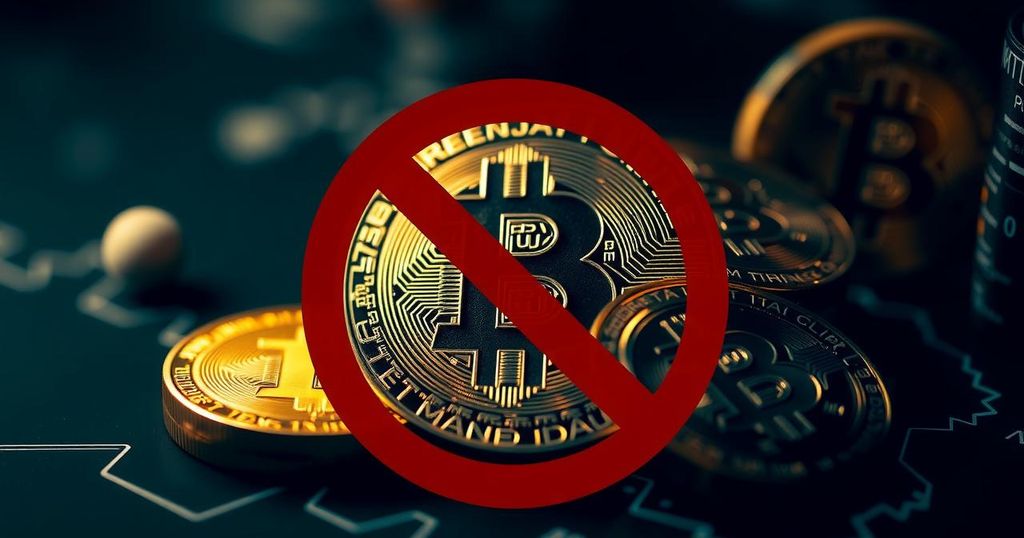China’s Bitcoin Ban: Rumours of a Reversal Ignite Anticipation
China may reconsider its ban on Bitcoin, fuelled by a recent court ruling that recognised Bitcoin as a legal currency. Although speculation runs high, scepticism lingers due to the government’s history of imposing bans. Bitcoin, meanwhile, remains legally owned but cannot be traded or mined, creating an ongoing tension in the crypto landscape.
The crypto community is once again abuzz with speculation regarding China potentially lifting its longstanding Bitcoin ban. Venerated sources such as @bitcoinIfgo have sparked excitement by tweeting that it is “likely to unban Bitcoin by the end of the year.” However, this anticipation is tinged with caution, as there has yet to be an official word from the Chinese authorities, historically stringent in their regulatory stance towards cryptocurrencies.
The recent shift in discourse was ignited on September 25, 2024, when the Shanghai No.2 Intermediate People’s Court recognised Bitcoin as a legal digital currency for the first time since the ban took effect. By deeming Bitcoin “non-replicable” and stressing its rarity, the court’s decision injects a sense of legitimacy into Bitcoin’s status within the legal framework of China. Although the ruling falls short of indicating a full-scale reopening of Bitcoin trading or mining, it does suggest a growing acceptance that could pave the way for a future unban.
Earlier in July 2024, whispers around China potentially rescinding its Bitcoin ban began circulating, particularly following a tweet from Galaxy Digital CEO Mike Novogratz that garnered significant attention. Yet, sceptics quickly responded by pointing out that the government has previously imposed bans multiple times without any subsequent shifts in policy. “They have banned it like six times, and nothing has happened,” one user remarked, expressing the prevalent uncertainty that clouds these hopeful predictions.
China’s initial ban on cryptocurrency exchanges emerged in 2017, followed by a comprehensive crackdown on Bitcoin mining two years later, resulting in a mass exodus of miners from the nation. At present, while citizens retain the right to own Bitcoin as personal property, trading and mining continue to sit in a grey area, leaving enthusiasts in a frustrating limbo. Despite these hurdles, the murmurs of a potential unban create an electrifying sense of anticipation within the crypto arena, hinting at a transformative moment ahead.
As an intricate part of the global financial narrative, cryptocurrency has continuously challenged and provoked various governments, none more so than China. Known for its stringent regulations, China’s tumultuous relationship with Bitcoin has put the future of digital currencies into question. The country’s history of multiple bans on crypto activities—beginning with exchanges and escalating to outright restrictions on mining—contrasts sharply with the latest judicial acknowledgment of Bitcoin’s validity as a legal currency. This evolving legal landscape represents a pivotal shift, stirring the pot of speculation and excitement across the digital currency community.
While the potential for China to lift its Bitcoin ban remains speculative, the court’s recent recognition of Bitcoin as a legal currency suggests a nuanced shift in perspectives. The historical context of China’s crypto regulations adds a layer of complexity to the conversation. As the crypto community watches closely, the evolution of this situation could herald significant changes with far-reaching implications for Bitcoin and the global market that surrounds it.
Original Source: www.cryptotimes.io




Post Comment